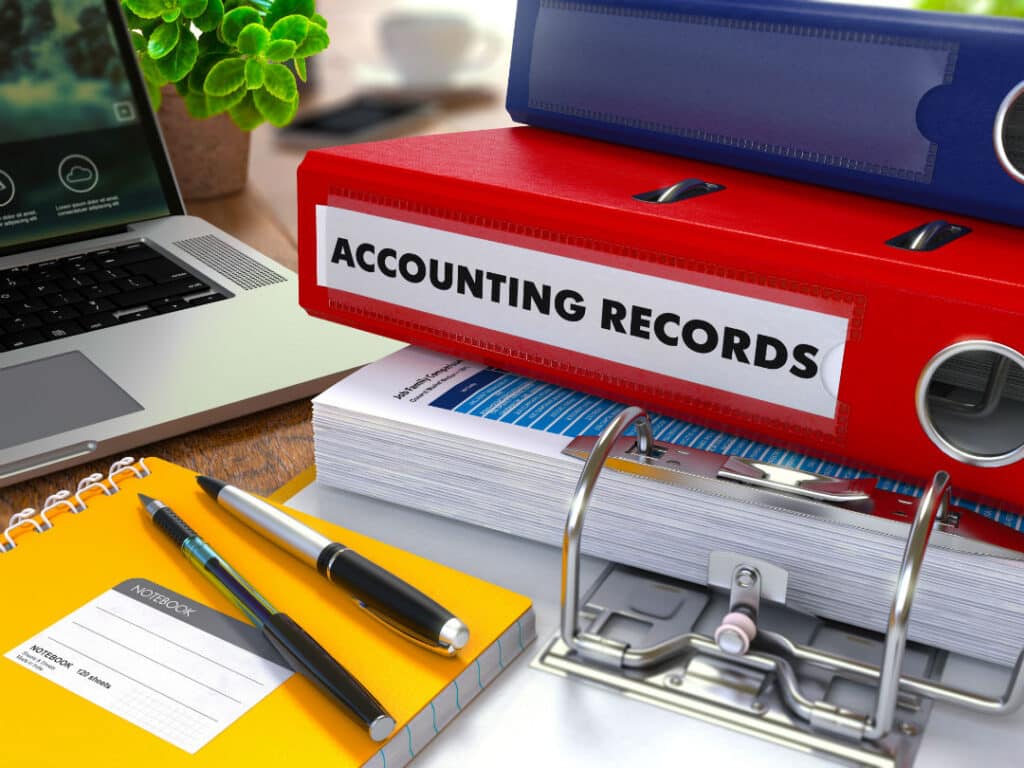Maintaining accurate and organized accounting records is essential for the success of any business, regardless of its size or industry. Good bookkeeping practices not only ensure compliance with tax regulations but also provide valuable insights into your financial health, helping you make informed decisions. By implementing effective strategies for record-keeping and bookkeeping, you can streamline your financial processes and set your business up for long-term success.

One of the most critical steps in keeping good accounting records is to establish a systematic approach to tracking financial transactions. This begins with setting up a reliable bookkeeping system, whether it’s through accounting software or a manual ledger. Categorize your income and expenses clearly, and make sure to record every transaction as it occurs. Regularly update your records to avoid the pitfalls of forgotten entries or misplaced receipts. A consistent, organized approach to recording transactions helps prevent errors and ensures that your financial data is always accurate and up to date.
Using accounting software can greatly enhance the efficiency and accuracy of your bookkeeping. Many modern accounting programs offer features such as automated data entry, real-time financial reporting, and integration with bank accounts, making it easier to track your financial activity. These tools can also help you generate financial statements, manage payroll, and even forecast future cash flow. By leveraging technology, you can reduce the manual effort involved in bookkeeping and minimize the risk of human error.

Another key aspect of good bookkeeping is regularly reconciling your accounts. Reconciling involves comparing your recorded transactions with your bank statements to ensure that they match. This process helps identify discrepancies, such as missing transactions or bank errors, that could lead to financial inaccuracies. Regular reconciliation—ideally, on a monthly basis—ensures that your records are complete and accurate, giving you confidence in your financial data.
Organizing and storing financial documents is also crucial for maintaining good accounting records. Keep all receipts, invoices, bank statements, and other financial documents in a secure and organized manner, either physically or digitally. Implement a clear labeling system and ensure that your documents are easily accessible for reference or audit purposes. Digital storage solutions, such as cloud-based systems, offer the added advantage of backup and security, protecting your records from loss or damage.
In conclusion, keeping good accounting records and improving your bookkeeping practices require a combination of organization, consistency, and the right tools. By establishing a systematic approach to tracking transactions, utilizing accounting software, regularly reconciling accounts, and organizing financial documents, you can ensure that your records are accurate and complete. These practices not only support compliance with tax regulations but also provide a solid foundation for making informed business decisions and achieving long-term financial stability.




